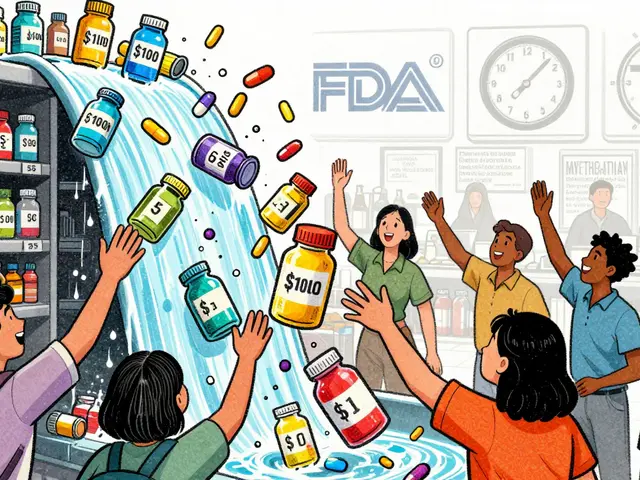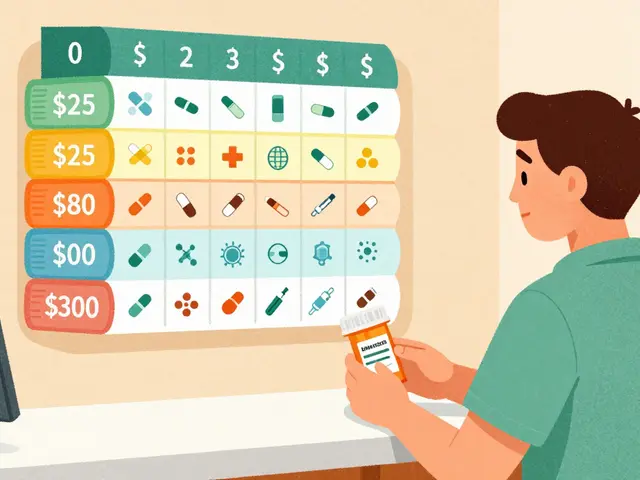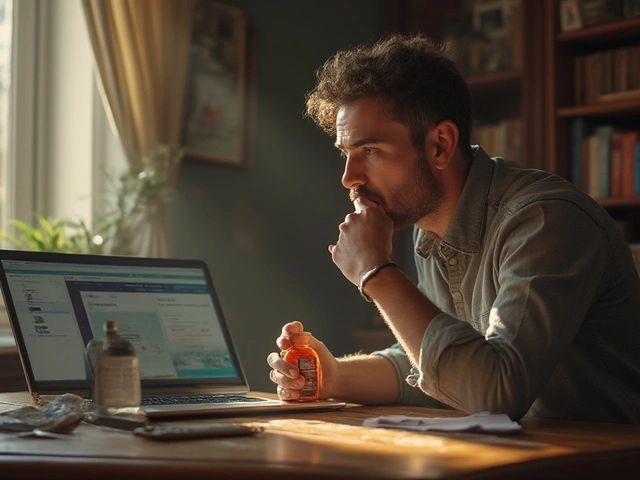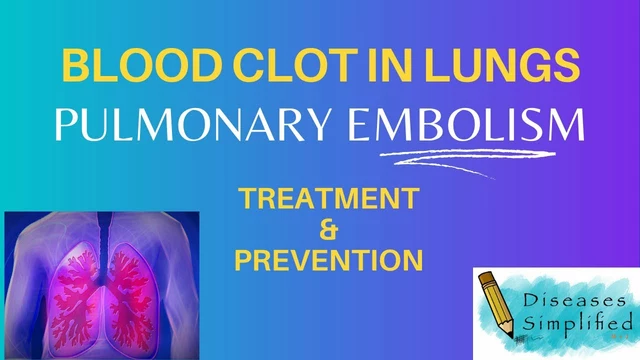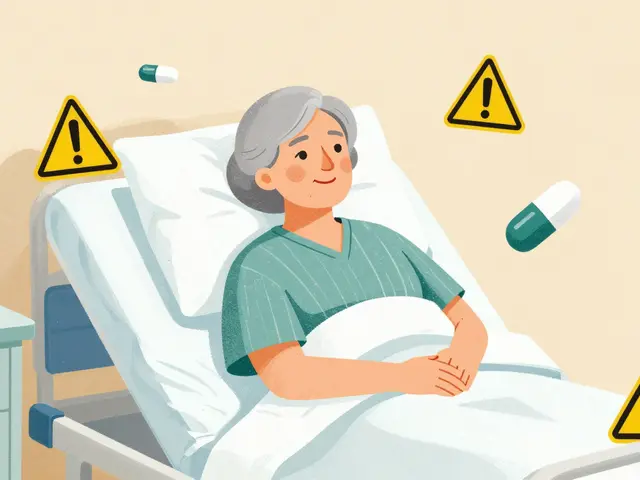Safe Online Medicine: Practical Tips to Buy Meds Safely
Buying medicine online can save time and money, but it also opens the door to fakes, scams, and unsafe products. You don’t need a degree to spot trouble—just a few simple checks and a cautious approach. Below are clear steps you can use right now to reduce risk and get the medications you actually need.
Quick safety checklist
Start with the basics. Check that the website shows a real business address and phone number you can call. Look for a licensed pharmacist or pharmacy contact—legit sites will list pharmacy licenses or registration numbers. If a site sells prescription-only drugs without asking for a prescription, walk away.
Watch prices. If a drug costs far less than other reputable sources, that’s a red flag for counterfeit or expired products. Also check for secure checkout: the page should use HTTPS and a padlock icon in the browser bar. Read recent customer reviews, but don’t rely on a few glowing testimonials—they can be fake too. Cross-check the business on trusted review sites or forums.
How to verify medicine quality
Look at the packaging in photos: manufacturer name, lot number, and expiry date should be clear. When the package arrives, compare the pills to manufacturer images (shape, color, imprint). If anything smells, looks damaged, or the pills crumble easily, stop taking them and contact your provider.
Use the drug’s generic name when searching. Brand names vary by country, but the generic active ingredient tells you what you’re really buying. If you’re reading articles or guides on a site—like reviews about growth hormone suppliers or specific drugs such as Trimipramine or Zantac—check whether those pieces mention safety, regulation, or legal status. Reliable sites discuss risks and the need for prescriptions.
Protect your health records and payment info. Prefer pharmacies that accept secure payment methods and don’t require unnecessary medical details. Minimal, relevant medical questions are normal; requests for excessive personal health history or bank details are suspicious.
If you take multiple meds, ask your doctor or pharmacist about interactions before ordering anything new. Online checkers are useful, but a quick call to your local pharmacist is often faster and safer.
If something goes wrong: keep the packaging and all receipts, stop taking the medicine, and contact your doctor immediately. Report unsafe online pharmacies to your local health authority—this helps others avoid the same trap.
Final note: fast delivery and low prices are tempting, but safety matters most. Use this checklist every time you order. A few minutes of checking can prevent serious harm and save you from wasting money on useless or dangerous products.
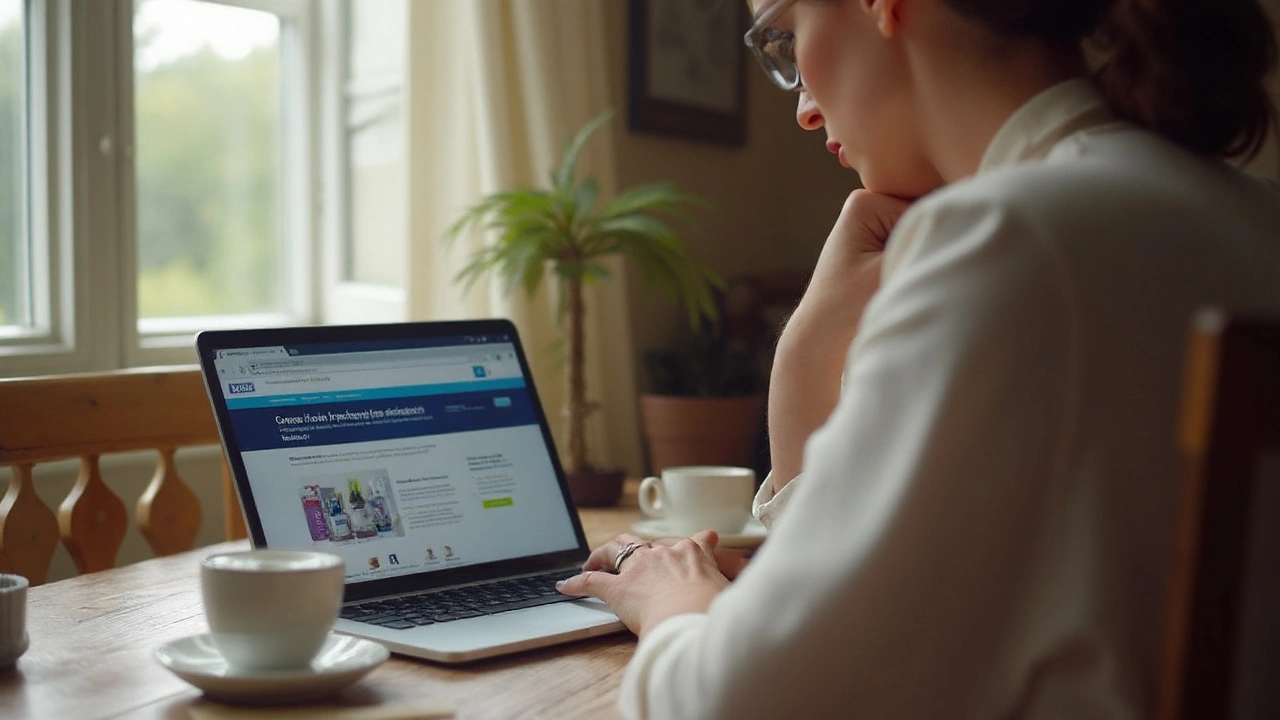
- Aug 13, 2025
- Posted by Cillian Osterfield
Where to Safely Buy Azithromycin Online: Tips, Legal Facts and Buyer Guide
Learn how and where to buy Azithromycin online safely. Discover legal aspects, reputable pharmacy tips, and advice for buying antibiotics online in 2025.
Categories
- Health and Wellness (71)
- Medications (68)
- Health and Medicine (28)
- Pharmacy Services (12)
- Mental Health (9)
- Health and Career (2)
- Medical Research (2)
- Business and Finance (2)
- Health Information (2)
Latest Posts
©2026 heydoctor.su. All rights reserved

